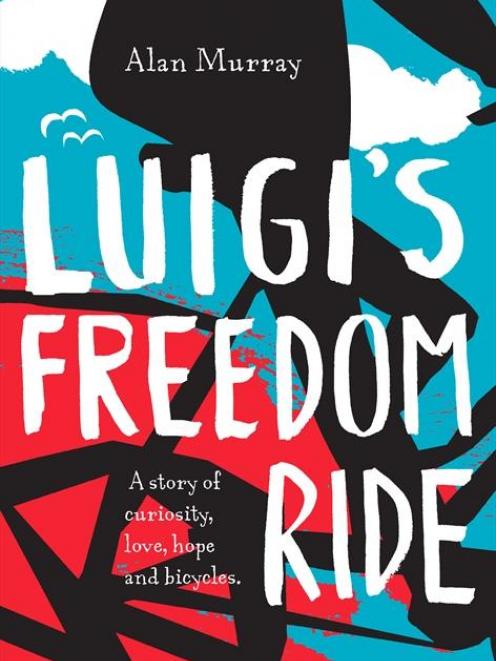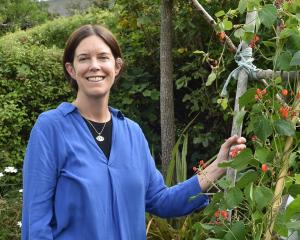
He fixes the bike with the help of his Uncle Cesare, and goes for long rides with his best friend, Leonardo.
In their late teens, both boys are conscripted into military service, where they befriend a Jew, Jacob, and all three end up in the Army Cycling Training School, before being posted to a supply depot in Ancona during the war.
Circumstances lead them to aid the partisans, involving reunions with some people and momentous meetings with others.
There were a few too many coincidences for my liking, but the war action is gripping, and has a lasting effect on all characters.
After the war, Luigi realises that ''moments existed to be seized'' and decides to go with Jacob to the Holy Land, and then continue to the land of his childhood dreams, ''the furthest-away place'', Australia. New Zealanders may object to numerous mentions of this, as we would be even further away, but the author is Australian.
The ''Freedom Ride'' starts out on bikes, but the journey is mainly carried out in trains, on boats, and in first class accommodation. Luigi lives a charmed life, and the narrative ambles along without any conflict, highlights being his naivete, (he thinks Errol Flynn may have been a partisan), and his difficulty with English phrases like ''being in a pickle'', and ''kettles of fish''.
The story would also appeal to young adults. Apart from being introduced to Luigi as an 81-year-old, the narrative moves continuously forward through Luigi's life, not leaping about in time and place.
The language is simple, but brings the characters to life, (e.g. a priest betting with church funds, for the good of impoverished families), and describes the countryside beautifully. The hills near Ancona are ''a crossword puzzle of fields and groves''.
Each chapter starts with a quote, many about cycling, but sometimes contradictory. One mentions tactics and the need for a plan, but two chapters later a cycle champion decries planning - take from them what you will.
The action picks up again in Australia, as Luigi tries to travel by bike, fit in with the locals, and make a living by fixing bikes. I anticipated another unlikely coincidence, but the last few chapters were moving, packing a few punches, and resulting in a pleasurable, if not too challenging, read.
- Rachel Gurney is an avid Dunedin reader.











